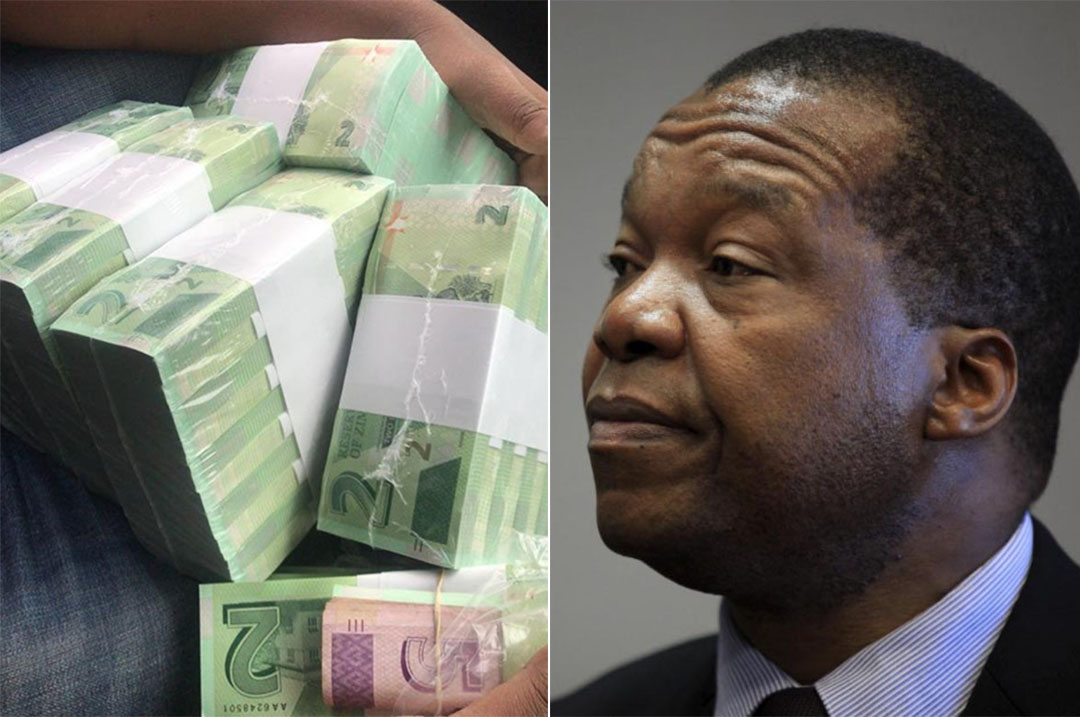HARARE – The Reserve Bank of Zimbabwe (RBZ) on Thursday said it had suspended one of its economists for leaking plans to phase out the use of foreign currencies for the payment of local transactions at the end of 2022.
The currency roadmap leaked online Wednesday “is not official as it has not even been discussed at both bank and government levels,” RBZ governor John Mangudya said in a statement.
“The RBZ wishes to advise the public that the document titled ‘De-dollarisation Road Map’… was leaked by a senior bank economist, Philton Makena, who had access to a document on macro-economic policy measures to support the five-year de-dollarisation strategy which was being worked on by a team of economists at the bank,” Mangudya said, adding that the leaked document should be “disregarded”.
He said Makena’s conduct “amounted to breach of the oath of secrecy by which all bank employees are bound,” and he had been suspended pending disciplinary proceedings.
Zimbabwe recently reintroduced the use of foreign currencies for local transactions, barely a year after outlawing their use in favour of the Zimbabwe dollar.
The RBZ said the decision to allow the use of foreign currencies for local transactions, despite the earlier ban, was meant to ease the impact of the Covid-19 pandemic that has ravaged economies across the globe. Critics said this was disingenuous, suggesting instead that the RBZ was simply accepting that the reintroduction of the Zimbabwe dollar – which has since over 90 percent of its value – was rushed.
The “road map” being drafted by the RBZ says for the remainder of this year and the following two years until 2022, institutions and individuals will be allowed to pay for goods and services in Zimbabwe dollars or foreign currencies. In 2023, all goods and services in Zimbabwe will be “chargeable in local currency and payable in local currency using free funds,” reads the strategy.
Meanwhile, payment of salaries in foreign currency will be scaled back, except for expatriates or NGOs, where it will still be allowed.
Currently, payment of salaries in foreign currency by local companies to local employees can be up to 50 percent at the discretion of the employer, but this will be reduced to 40 percent in 2021, 30 percent in 2022, 20 percent in 2023 and up to 10 percent in 2024.
Selected fuel dealers will be allowed to sell fuel in forex under the Direct Import Scheme, which specifies different regulations applying to fuel sales using forex.
In another major policy move, Zimbabwe plans to gradually reduce exporters’ retention thresholds “to build national forex reserves”. Previously, retention thresholds had been criticised as too high, where exporters were paying up to 45 percent in fees to the Reserve Bank of Zimbabwe in exchange for local currency, sparking calls to allow them to retain foreign currency instead.
















